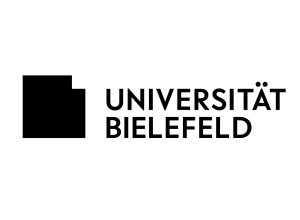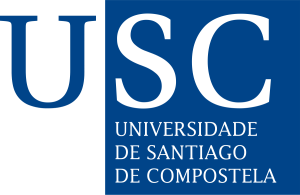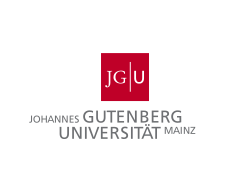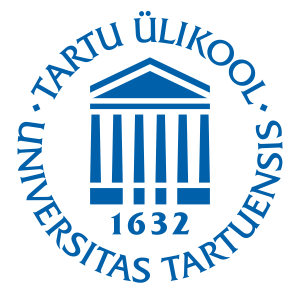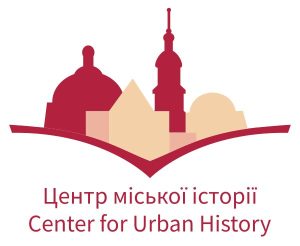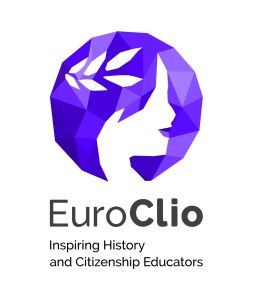We are constantly confronted with concepts whose meanings differ across time, space and language. In many cases – such as border, fascism or genocide – these variations are not merely semantic: they shape our beliefs, inform our actions and influence how we interpret the world. Words matter. Their meanings are never fixed, and understanding their uses, misuses and transformations in context is crucial. lexi.eco seeks to highlight and clarify the changing and contested meanings of key socio-political concepts across different national, linguistic and historical settings. It thereby aims to foster intercultural dialogue and promote mutual understanding, contributing to a transnational public sphere.
WHO ARE WE?
We are an international, interdisciplinary and intersectoral team of academics and practitioners from Europe and beyond. The setup of our project relies on close institutional and intellectual ties. We want to build a community of experts and users alike. What we all have in common is linguistic versatility, intellectual curiosity, and a great deal of intercultural experience. By bringing together renowned and early-career researchers from various fields of the social sciences and humanities, we build upon a wide range of academic knowledge. By having journalists, educators, designers, and other professionals on board, we produce high-quality, yet easily accessible, material.
WHAT DO WE DO?
We
- identify concepts that are key to understanding the world today and are understood differently in various languages and contexts in the past and the present
- find examples of use that demonstrate how these concepts are used differently, so that we can show how meanings can differ across political, historical and linguistic spaces, providing echoes, counterpoints, and insights on conceptual circulations
- provide translations of entries in multiple widely read languages
- build and distribute a multilingual, transnational and easily accessible online lexicon which will help bridge semantic and emotional gaps between people using different languages.
WHAT WILL AN ENTRY LOOK LIKE?
To illustrate the multiple meanings of each concept we select, we leverage the full potential of digital publishing by providing in each entry a timeline showing the changes in meaning over time; hypertextual relations to other entries allowing users to navigate between concepts and languages; and multimedia material including texts, videos, audio and graphs that enrich the experience of the user.
WHO IS OUR TARGET AUDIENCE?
Our online platform is designed for individuals who cross borders and cultures in their professional and/or personal lives, including researchers and students, politicians and journalists, translators, educators, practitioners, as well as tourists abroad, digital creators, and media consumers. In a word, we work for those to whom concepts and communication matter.
UPDATES


